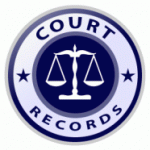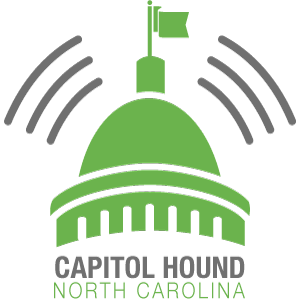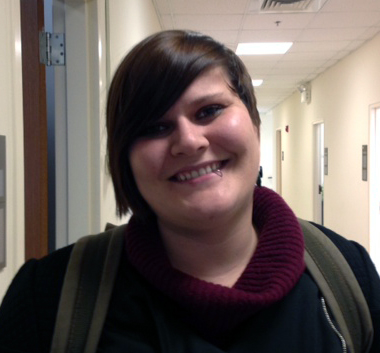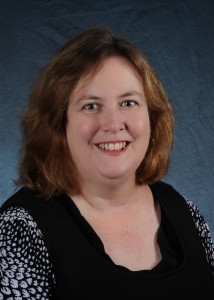 I’m excited to announce that Professor Anne Klinefelter and I received an award from the Berkeley Center for Law & Technology and Microsoft Corp. to study the extent of private and other sensitive information in court records. The $43,000 award will go to the Center for Media Law and Policy and the Kathrine R. Everett Law Library at the UNC School of Law to support a team of researchers who will sample and code several hundred briefs and other filings from the North Carolina Supreme Court.
I’m excited to announce that Professor Anne Klinefelter and I received an award from the Berkeley Center for Law & Technology and Microsoft Corp. to study the extent of private and other sensitive information in court records. The $43,000 award will go to the Center for Media Law and Policy and the Kathrine R. Everett Law Library at the UNC School of Law to support a team of researchers who will sample and code several hundred briefs and other filings from the North Carolina Supreme Court.
The United States has a long history of providing public trials and open access to court records, both of which are essential if the public is to have faith in the fairness of our courts and justice system. Over the past two decades, courts across the country have been moving quickly to digitize their records and make them available online. Some courts are doing this work themselves, while others are relying on third parties, such as libraries and other archives, to make public access possible. All, however, are dealing with one central and unavoidable issue: privacy.
Court records contain a number of types of information that could be characterized as private, ranging from social security numbers to the names of minor children involved in sexual abuse. Little work has been done, however, to study how often this information appears in judicial records and the context in which it appears. The lack of empirical data hamstrings court personnel and other archivists who are attempting to balance privacy interests with the public’s right of access, as well as scholars looking to adapt privacy law and First Amendment doctrines to deal with the flood of public records going online.
This research will provide a first-of-its-kind empirical study of the frequency of sensitive and private information in court records. Although we are hopeful that our study will be valuable to courts and other archivists, we do not plan to recommend that any specific information in these records be redacted. Instead, our aim is to catalog the kinds of sensitive information that are in these records and to examine the context in which the various types of private information appear. This will help policymakers and judges better evaluate the potential harm to privacy interests that might arise from the disclosure of private information in court briefs and related records. An examination of term frequency and any discoveries that certain terms are likely to appear when others also appear, may also inform some normative arguments about the “harmfulness” of online access to court records.
This study will also add much needed detail to the term “private information” as it applies in the context of judicial records. Based on a review of the laws that apply to court records as well as other privacy laws and scholarship, we have identified more than 139 types of sensitive or private information that may exist in these records. It is very unlikely that all of these information types appear with equal frequency. Frequency of appearance may be correlated with case type (e.g., civil vs. criminal), document type (e.g., brief vs. appendix) or time period. This study will allow us to assess, for example, whether criminal cases tend to raise different privacy concerns from civil cases.
Our project was one of six proposals to receive awards from Berkeley and Microsoft. You can read the UNC School of Law’s announcement of the award here.
We will present the results of this research at the 2015 Berkeley Technology Law Journal Spring Symposium, “The Privacy, Security, Human Rights and Civil Rights Implications of Releasing Government Datasets,” on April 17. Look for more posts about our study over the next few months.
 Students enrolled in a UNC School of Law practicum class have provided legal guidance to a project whose faculty advisers have been named recipients of the University’s 2014 C. Felix Harvey Award for Institutional Priorities. The faculty will receive $50,000 to help improve state government transparency through a web application called Capitol Hound.
Students enrolled in a UNC School of Law practicum class have provided legal guidance to a project whose faculty advisers have been named recipients of the University’s 2014 C. Felix Harvey Award for Institutional Priorities. The faculty will receive $50,000 to help improve state government transparency through a web application called Capitol Hound.
 I’m excited to announce that Professor Anne Klinefelter and I received an award from the
I’m excited to announce that Professor Anne Klinefelter and I received an award from the 
